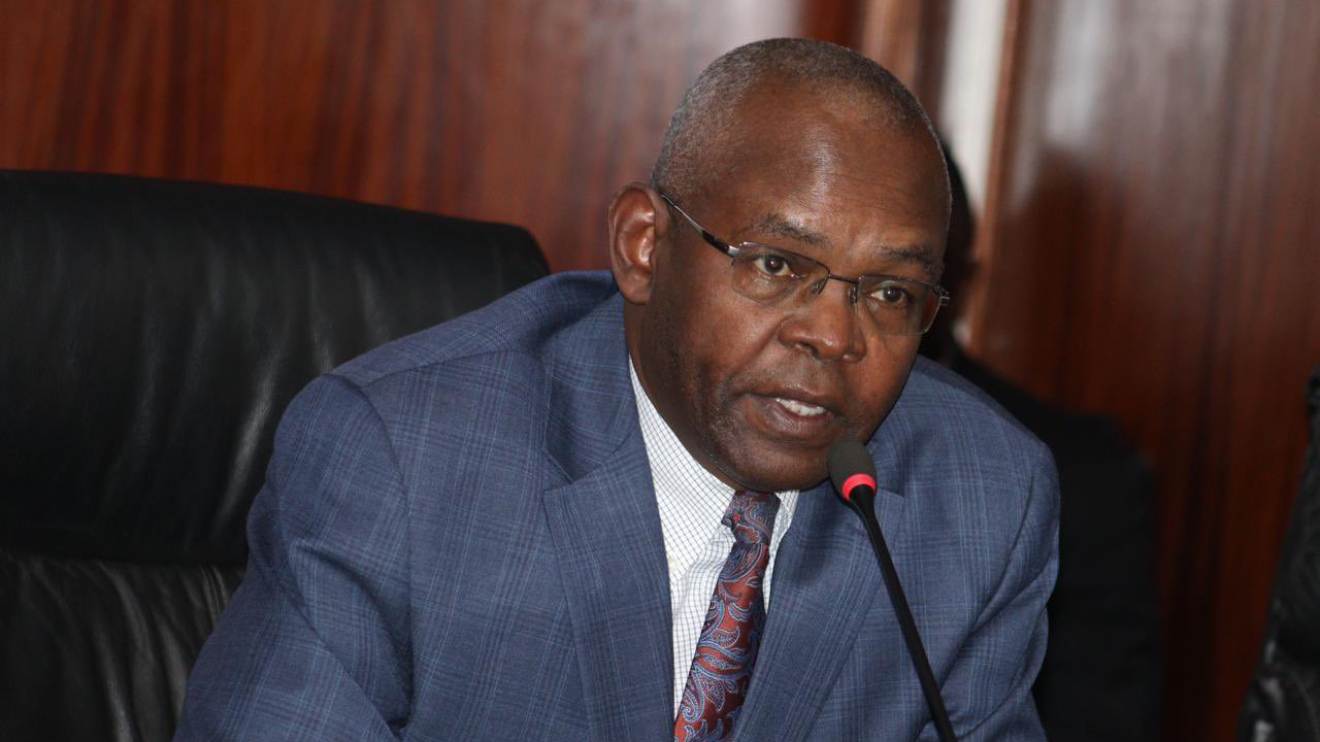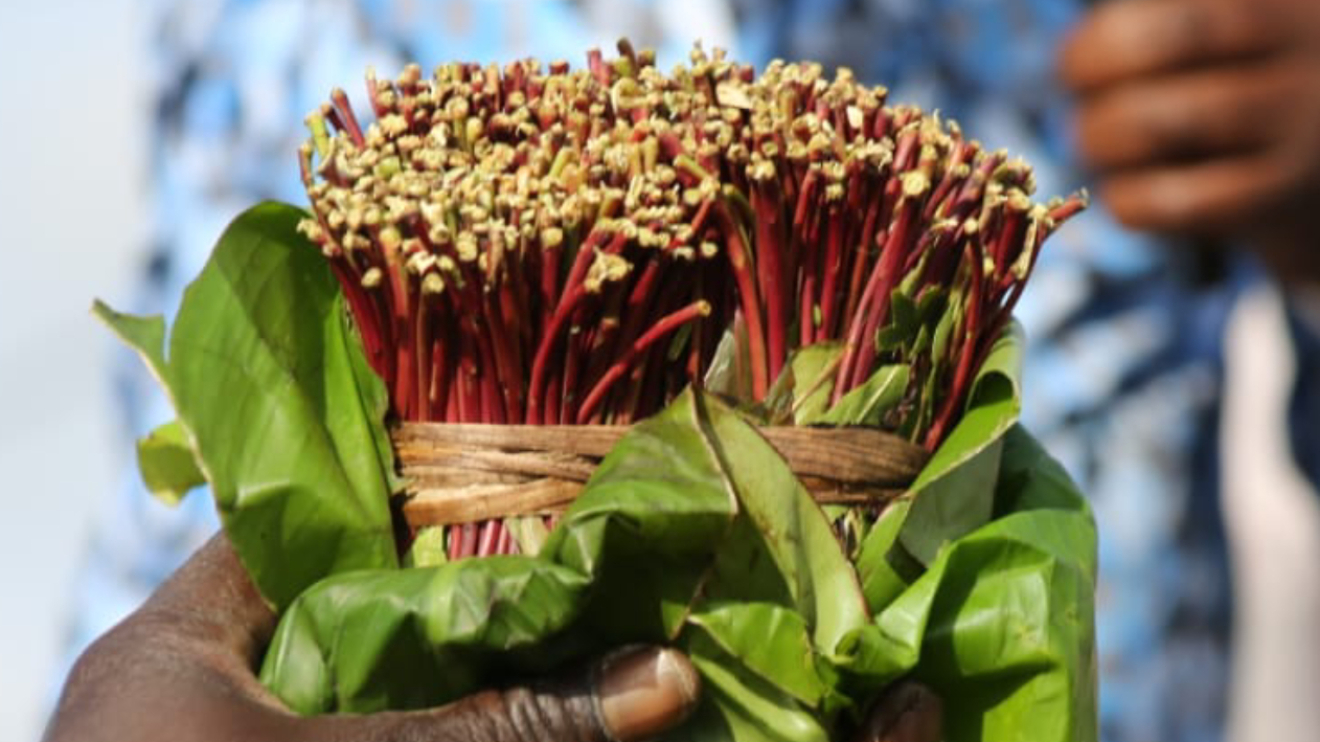Leaders in academia and economic planning converged at the African Economic Research Consortium's (AERC) 59th Biannual plenary session to explore the transformative potential of the African Continental Free Trade Area (AfCFTA) on the continent's youth and women.
The session, themed "Youth, Demographic Dividend, Migration, and Economic Opportunities in African Economies," delved into the strategies to enhance job creation, address poverty, and bolster sustainable development.
Acknowledging the pivotal role of the AfCFTA, Prof. Njuguna Ndung'u, Cabinet Secretary of the National Treasury & Economic Planning ministry, emphasized the untapped potential of Africa's youth.
"About 10-12 million youth in Africa enter the job market, but only a quarter of that population is absorbed into the labour market. We have an opportunity to accelerate the socioeconomic situation in the continent if we harness the skills of this population," Ngung'u noted.
Highlighting the importance of human capital development, Prof. Ndung'u stressed the need to expose the youth to entrepreneurial and leadership skills from a young age.
Read More
"In this digital era, we need to be cognizant of the need to empower them digitally to have access to the various digital jobs," he noted.
“Human capital development through education is key for a country’s growth. We need to equip students with skills that are relevant to the job market. Governments need to work alongside private sectors to initiate drives to create job avenues for young men and women through business financing, market access and mentorship," he added.
"In this digital era, we need to be cognizant of the need to empower them digitally to have access to the various digital jobs and it is through such forums that we will get to forge ahead."
The plenary session underscored the significance of prioritizing human capital development to cultivate the skills of the youth, fostering their employability and entrepreneurial spirit through extensive Technical and Vocational Education and Training (TVET) programs.
A pivotal aspect of the session involved aligning the educational curriculum with science, technology, engineering, and mathematics (STEM) courses, anticipating that this approach would stimulate creativity and resourcefulness among young individuals.
The envisioned outcome is the generation of employment opportunities in the digital realm, the manufacturing industry, and the continually expanding landscape of AI-driven advancements.
Prof. Dominique Njinkeu, AERC Interim Executive Director, highlighted the forum's aim to inspire young African researchers by exposing them to emerging issues and learning from senior academics.
He emphasized the potential of Africa's increased workforce and consumer base to address food security and unemployment challenges, provided proactive measures are taken.
"This forum hopes to inspire young African researchers by exposing them to emerging topical and policy-relevant issues on themes and learning from senior academics as they exposit challenging and intractable development problems," Njinkeu stated.
"The population provides great opportunities if Africa can fully capitalize on this increased workforce and consumer base to feed more people with more nutritious and affordable food. Conversely, without proactive measures, they could pose significant challenges including continued food insecurity and unemployment."
Migration, a complex issue with far-reaching consequences, was also addressed.
Professor Kevin Chika Urama, Chief Economist and Vice President of the African Development Bank, urged viewing African migration as an opportunity for development.
He highlighted the significant contributions of Africans in the diaspora to economic development, citing their impact on GDPs, financing for governments and families, and their role as role models for the youth.
"We need to make the African migration an opportunity for development in the continent. Africans in diaspora have achieved a lot for the continent across various sectors by contributing to economic development back at home to create the continent that we want," Urama said.
"Contributions of Africans in diaspora cannot go unmentioned when we discuss the continent’s growth agenda. Their remittances significantly contribute to GDPs and provide financing to the government and families."
"They are also trendsetters and role models to the youth to help craft practical strategies and decisions in the workplace. We need to look at them as ambassadors of the continent," Urama added.
The plenary session concluded with a call to harness the opportunities presented by AfCFTA, emphasizing the need for collaboration between governments and the private sector to create job avenues, provide market access, and offer mentorship for the youth.
As Africa navigates the challenges of demographic dividend, migration, and economic opportunities, the consensus remains clear — strategic investments in technology, education, and the utilization of diaspora contributions are essential for sustainable development on the continent.

-1701083028.jpeg)






